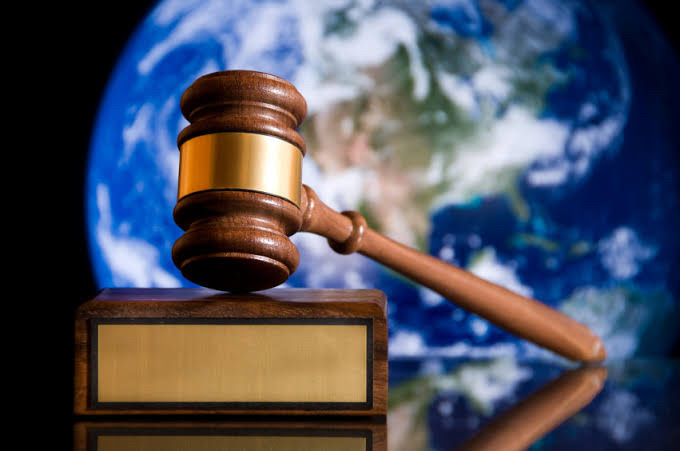Patents are a legal framework that grants inventors and companies exclusive rights to use, sell, and profit from their innovations. International treaties have played a significant role in enforcing patent rights across borders, providing legal protection for intellectual property rights, and regulating the transfer and licensing of patented technologies.
The primary international treaty governing patents is the Agreement on Trade-Related Aspects of Intellectual Property Rights (TRIPS), which was adopted by the World Trade Organization (WTO) in 1994. TRIPS provides a minimum level of patent protection that must be enforced by all WTO member countries, regardless of their level of economic development.
Under TRIPS, patent holders are granted the exclusive right to use, sell, and license their inventions for a period of 20 years from the date of filing the patent application. TRIPS also requires countries to provide a minimum level of protection for other forms of intellectual property, including trademarks, copyrights, and trade secrets.
One of the key provisions of TRIPS is the requirement that all WTO member countries provide a means for patent holders to enforce their rights in court. This means that patent holders can take legal action against individuals or companies who infringe on their patents, whether through the unauthorized use, sale, or licensing of their inventions.
Another important aspect of TRIPS is the provision for compulsory licensing. This allows countries to grant licenses to third parties to produce patented products or use patented processes without the permission of the patent holder, in certain circumstances. For example, a country facing a public health crisis may issue a compulsory license to allow the production of a patented drug at a lower cost to treat a large number of people.
TRIPS has been instrumental in harmonizing patent laws and regulations across the globe, making it easier for inventors and companies to protect their intellectual property in multiple countries. However, some critics argue that TRIPS has had negative consequences, particularly for developing countries.
One of the primary criticisms of TRIPS is that it has created barriers to accessing essential medicines in developing countries. The high cost of patented drugs has made it difficult for many people in low-income countries to access life-saving treatments for diseases such as HIV/AIDS, malaria, and tuberculosis. In response, some countries have used the compulsory licensing provision of TRIPS to produce generic versions of patented drugs at a lower cost.
Another criticism of TRIPS is that it has made it difficult for developing countries to develop their own domestic industries and technologies. Many developing countries rely on the transfer of technology and know-how from developed countries to build their own industries, but strict patent protection can make it difficult for them to access and use patented technologies.
Despite these criticisms, TRIPS has been an important tool for enforcing patent rights and protecting intellectual property across borders. In addition to TRIPS, there are several other international treaties that play a role in regulating patent rights and technology transfer.
The Patent Cooperation Treaty (PCT), for example, provides a streamlined process for filing and prosecuting patent applications in multiple countries. The PCT allows inventors to file a single international patent application, which is then examined and potentially granted in multiple countries.
The Paris Convention for the Protection of Industrial Property is another important international treaty that governs patents and other forms of intellectual property. The Convention provides a framework for the protection of industrial property rights, including patents, trademarks, and designs, and requires member countries to provide a minimum level of protection for these rights.
In addition to these international treaties, there are also regional agreements that regulate patent rights and technology transfer. The European Patent Convention, for example, provides a centralized system for the granting of patents in Europe, while the African Regional Intellectual Property Organization (ARIPO) provides a framework for the protection of intellectual property rights in Africa.





